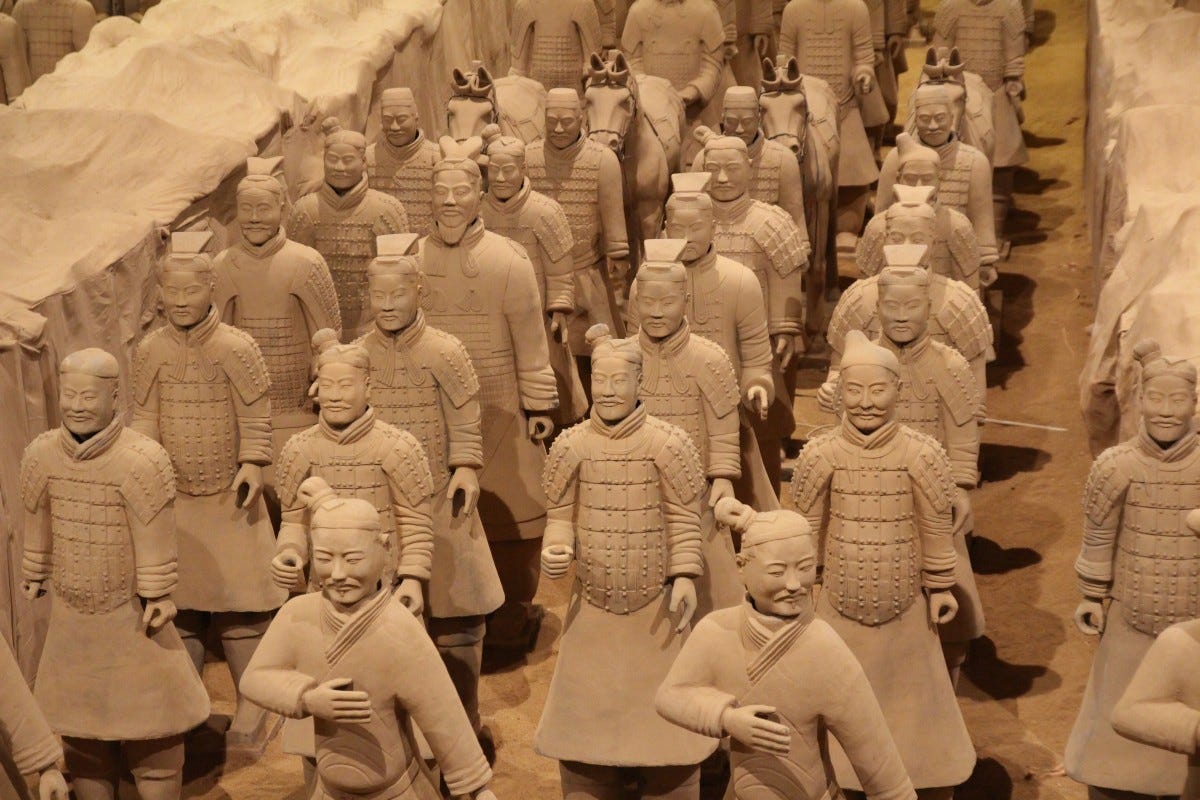How To Cultivate A Strategy
A review of the Routledge 'Handbook of Strategic Culture' (2023, 542 pp.)
“The concept of strategic culture is not a difficult idea to grasp and explain,” the late Colin Gray writes in the Handbook of Strategic Culture. “Indeed, it is really so simple that it warrants ascription as being little more than common sense.” In his simplest phrasing, “every society, or security community, has a more or less distinctive strategic culture which is the product of its historical experience as that experience is perceived.” Our collective perceptions of history shape our strategy. “Moreover, every society makes war, and conducts warfare, according to its distinctive character, subject always to the discipline of circumstance.” Strategic culture must be flexible. “Because warfare is by definition a competitive pursuit, cultural eccentricity is apt to be disciplined by the enemy, actual or anticipated,” Gray writes. “Strategy is an inherently pragmatic activity.”
It is also a group activity. All other things being equal, “societies differ in their beliefs and practices vis-a-vis war, peace, and strategy, and those differences are always likely to manifest themselves in policy, grand strategy, and military behavior.” Every state studied by the authors of this book considers itself exceptional, and this sense of exceptionalism expresses as strategy. Indeed, “there can be no statecraft or warfare that is innocent of culture.”
Moreover, every strategic culture is in fact a group of such cultures — every branch of the American armed services has its own culture, for example — and none of them can succeed in isolation. When member cultures have a shared culture, as with NATO, they prove adaptable and lasting constructs. On the other hand, Jihadi strategic culture tends to fracture, producing new organizations that burst into prominence without the mutual support that could sustain them for a longer time. “Any community which indulges its strategic cultural preferences” in isolation “is likely to find that it will not trouble historians for very long,” Gray writes.



